Traits are features of living things that that can be passed down from parents to their children. All living things have traits that help them survive.
To better understand how traits work…
LET’S BREAK IT DOWN!
Animals have similar traits to their parents.
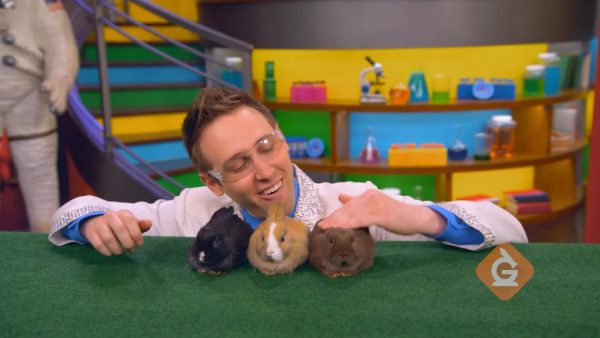
A baby bunny might have some traits that are similar to its mom, and other traits that are similar to its dad. Traits are passed down from parents to their babies.

Every living thing has specific traits that we can see.
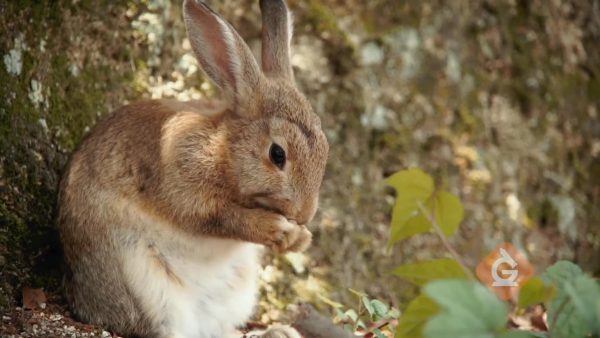
A rabbit has certain traits that make it a rabbit. All rabbits have whiskers, two ears, soft fur, a small tail and large back feet for hopping around.

Baby animals get some traits from both parents.
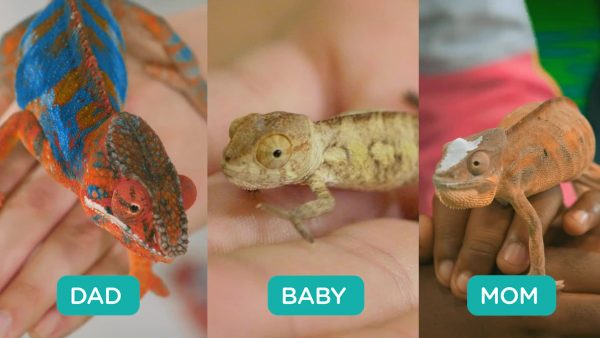
Baby chameleons have traits from both their mom and dad. One baby chameleon has a short tail like its mom, while the other baby has a long tail like its dad.

Animals of the same kind have similarities and differences.
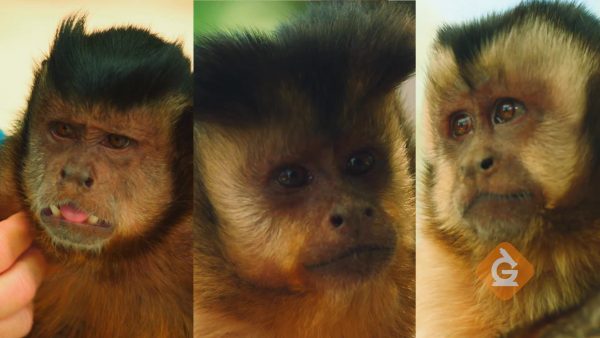
All monkeys have tails, opposable thumbs, fur and teeth. These traits can vary in small ways to allow them to tell each other apart. Traits can also help them survive.

Even plants have traits that we can see.
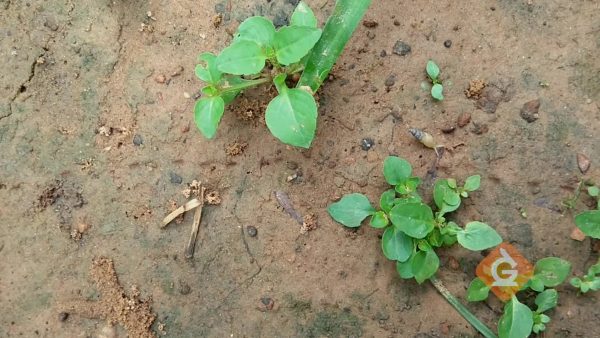
Plant leaves can be big or small. They can also come in different shapes. Even plants of the same kind have small differences just like we saw with animals.

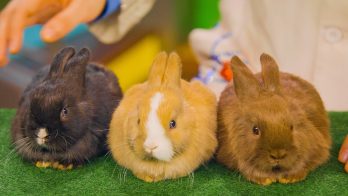





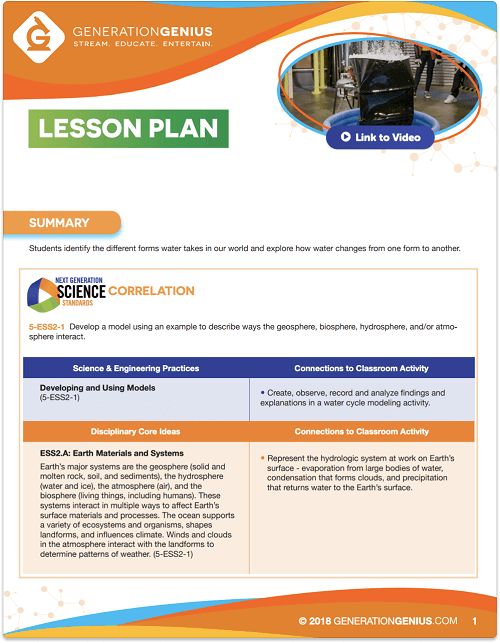

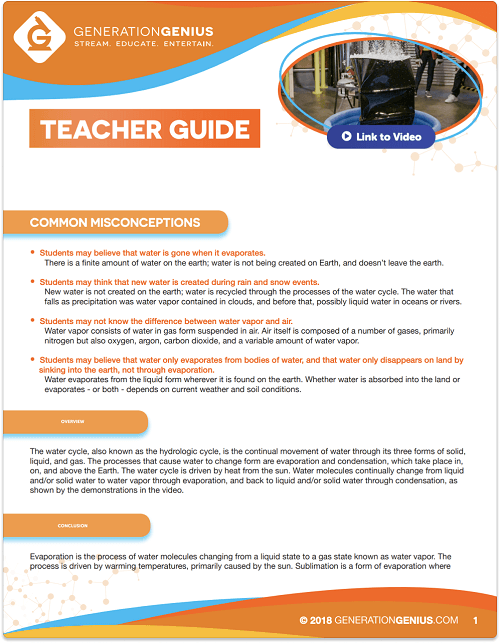
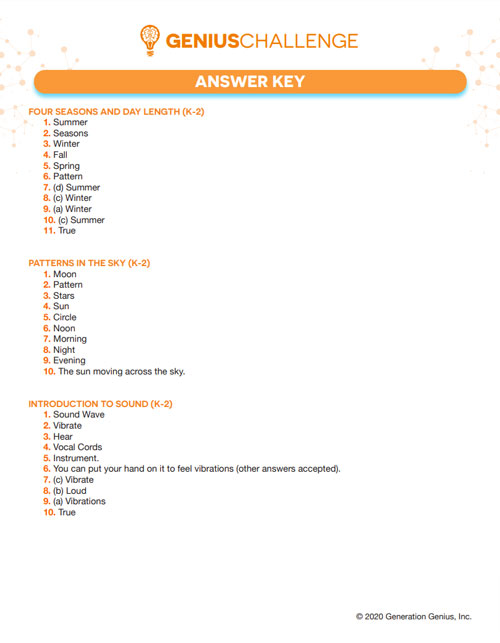























































































































 Select a Google Form
Select a Google Form







 GENERATION GENIUS
GENERATION GENIUS




